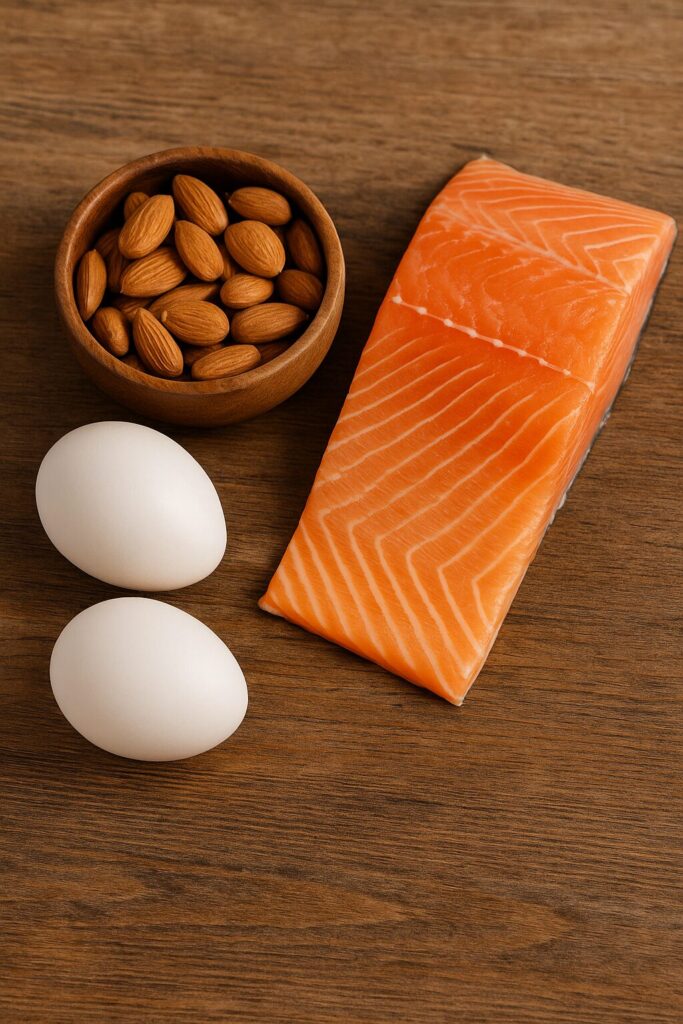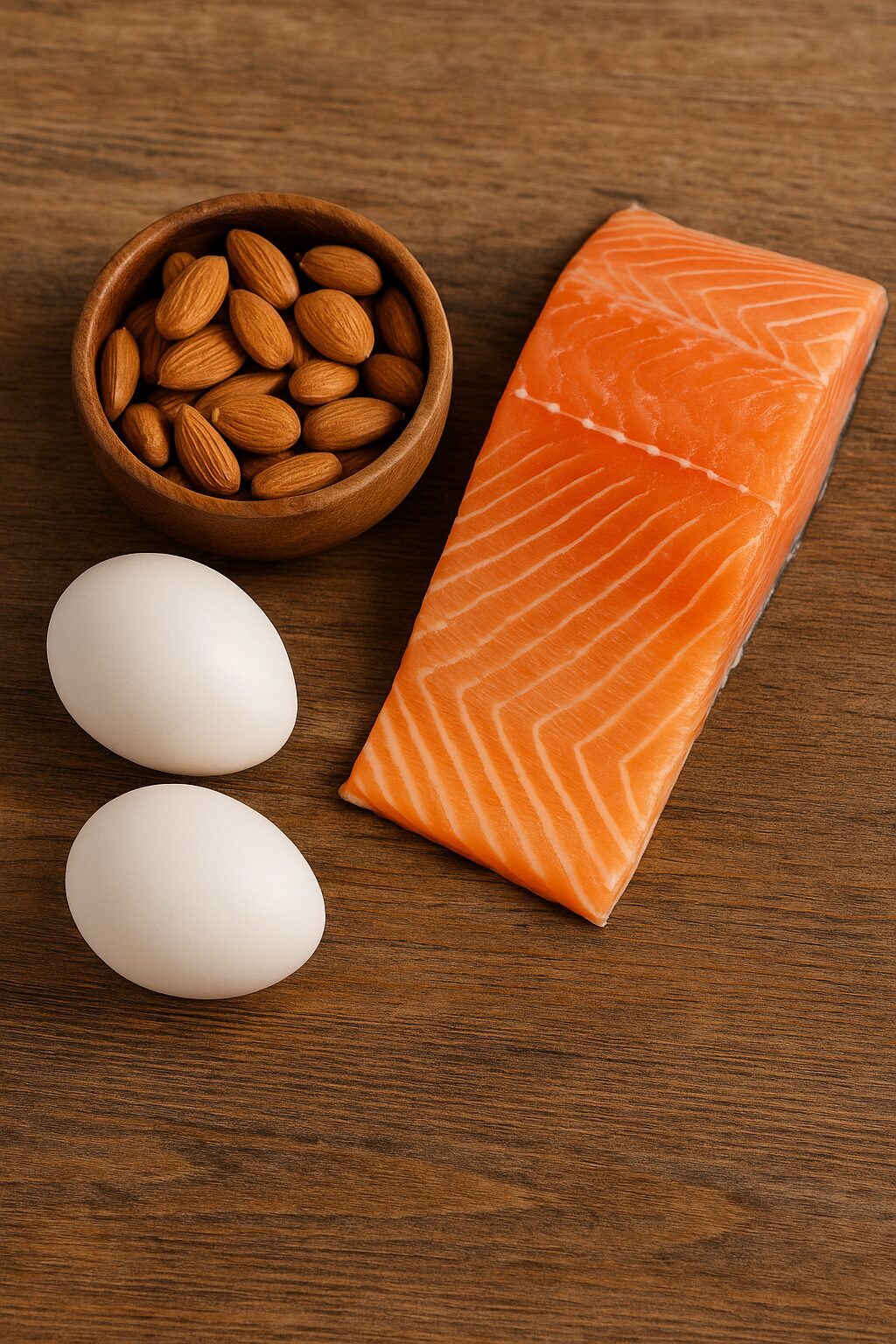Vitamin B7, commonly known as biotin, is a water-soluble vitamin that may support hair, skin, nail, and nervous system health. Often called the “beauty vitamin,” it could play an important role in energy production and overall vitality. Although deficiency is rare, ensuring balanced intake may help maintain long-term wellness. This article highlights the potential benefits of vitamin B7, deficiency concerns, risks of excess, and dietary sources.

1. Hair and Nail Support
Biotin may help strengthen keratin structure, which supports stronger hair and nails. Adequate intake could reduce breakage and contribute to shinier, healthier hair.
2. Skin Health
Vitamin B7 may help maintain skin barrier function and hydration. Deficiency could lead to dry, irritated skin or rashes, making regular intake important.
3. Energy Metabolism
Biotin plays a key role in breaking down carbohydrates, proteins, and fats into usable energy. This function may reduce fatigue and improve daily vitality.
4. Nervous System Support
Vitamin B7 may contribute to neurotransmitter activity, which supports focus, mood balance, and overall mental performance.
5. Blood Sugar Regulation
Biotin may play a role in glucose metabolism, helping maintain balanced blood sugar levels. This could be beneficial for metabolic wellness.
6. Prenatal and Maternal Health
During pregnancy, adequate biotin may support fetal growth and maternal health. Low levels could contribute to skin irritation and fatigue in expectant mothers.
7. Deficiency Concerns
Although rare, deficiency may cause hair thinning, skin rashes, brittle nails, numbness in hands and feet, or fatigue. High raw egg white intake may interfere with absorption and increase deficiency risk.
8. Excess Intake Risks
Biotin is water-soluble, so toxicity from foods is extremely rare. However, very high-dose supplements may cause digestive issues or skin breakouts in sensitive individuals.
9. Food Sources
Vitamin B7 is found in eggs, nuts, salmon, mushrooms, spinach, whole grains, and sweet potatoes. Including a variety of these foods may support balanced intake.
10. Daily Needs
Most adults require around 30–100 mcg per day, which can usually be achieved with a balanced diet without supplementation.
🌿
Vitamin B7 may support strong hair and nails, healthy skin, efficient energy metabolism, and nervous system balance. Ensuring consistent intake through diverse foods could help maintain long-term wellness.
References and Further Reading
World Health Organization (WHO) – Biotin and Health
National Institutes of Health (NIH) – Vitamin B7 Fact Sheet
American Academy of Dermatology – Biotin and Skin Health
※ This article is for general informational purposes only. Individual needs may vary, and professional consultation is recommended before supplementation.
